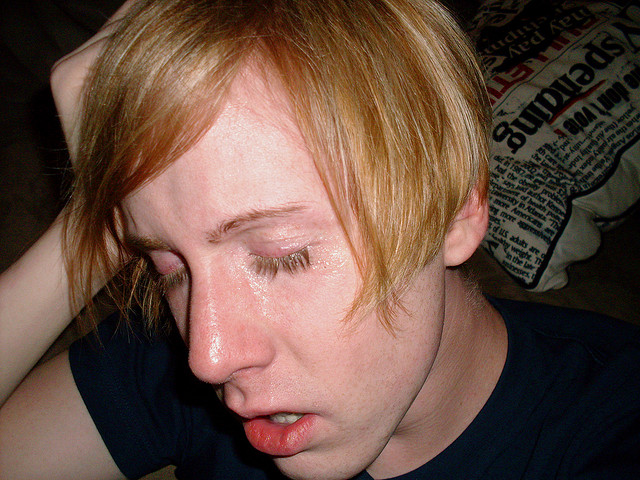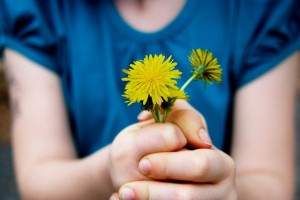Depression is one of the major problems facing our generation. It especially affects women between the ages of 25 – 35 and men over 50. Our busy lifestyles continue to pour excessive pressures and stress onto each of us. Unless we develop coping skills depression becomes one of the results of this pressure. Depression can also result from physical conditions such as cardiovascular diseases, cancer, gastrointestinal diseases and needs just as much attention and treatment to resolve.
We have at our disposal a variety of complementary therapies to manage depression. For example Ayurvedic and Chinese medicines, nutritional and dietary medicine and Western herbal medicine all bring relieve and can greatly alleviate symptoms. If left untreated however depression may lead to suicidal contemplation. Suicide is a real threat in depression. Although elderly white males are in the highest risk category for suicide, women are in the next group of susceptible people. A seven-year study showed mortality in older women increased a few percentage points when they had one to two symptoms of depression. Women with more than 10 depressive symptoms had a mortality rate fivefold greater than that of women with no such symptoms
Women need specific help in this area to prevent the symptoms escalating to this degree. Especially when this problem, if help is sought, can be easily managed and overcome.
There is a distinct difference between feeling “depressed” and having a depressive illness. If you have low spirits for a while, don’t be concerned. However, if you feel you can’t lift yourself out of your misery, you should seek professional help.
We now understand more about how the brain works. We understand that depression may be due to the decreased activity of the serotenergic pathways in the brain. Antidepressants work on these receptor sites. The problem is that they also work on other receptor sites leading to substantial side effects.
Many commonly prescribed antidepressants work by keeping the neurotransmitter serotonin circulating in the brain. Herbs such as Siberian ginseng, licorice and Saint-John’s-wort also increase the availability of serotonin in the brain.
In clinical studies, Siberian ginseng has repeatedly proved helpful for people who are depressed or have other serious emotional problems. According to a 1980 study, licorice is more effective than one of the commonly prescribed MAO inhibitors. Other herbs that may help depression are basil, thyme, lemon balm, lavender, spearmint, peppermint, rose petals, gingko, marjoram, lemon verbena, and ginseng.
Herbs for Depression
Listed below are important herbs that are useful for depression either for depression itself or to minimize the depression related side effects.
- Licorice
- Balm
- Kava kava
- St John’s Wort
- Basil
- Oat straw
- Ginkgo (biloba)
- Black Hellebore
- Purslane
- Siberian ginseng
- Borage
- Rosemary
- Clove
- Sage
- Damiana
- Thyme
- Fo-ti-tieng
- Yohimbine
- Ginger
While herbs may help, psychotherapy remains the best remedy against the depression.








